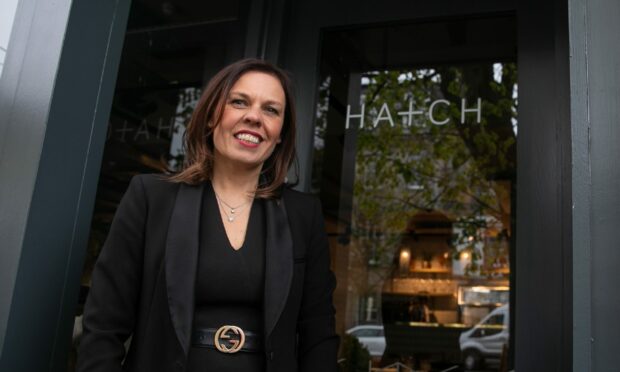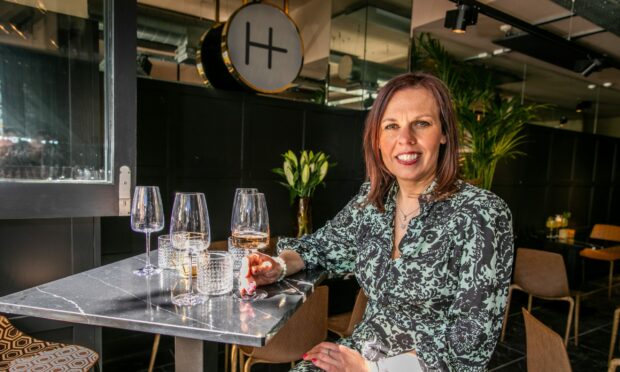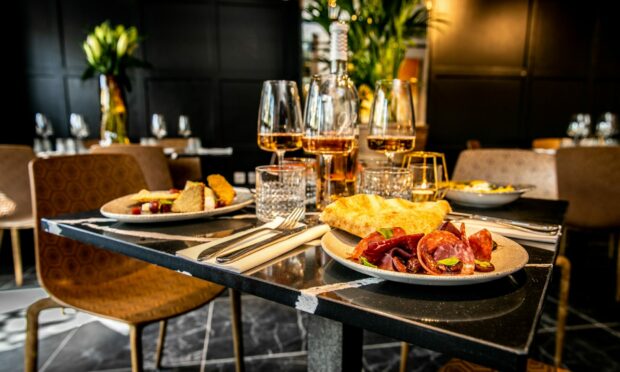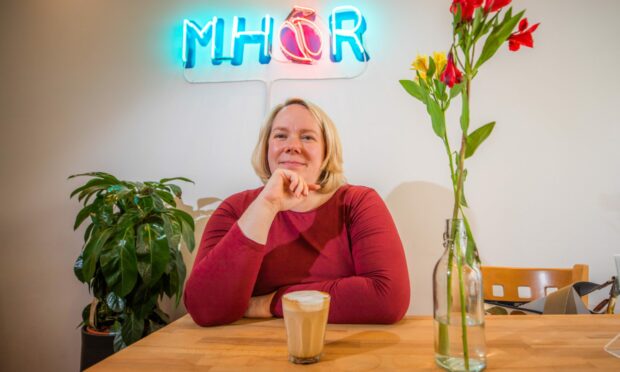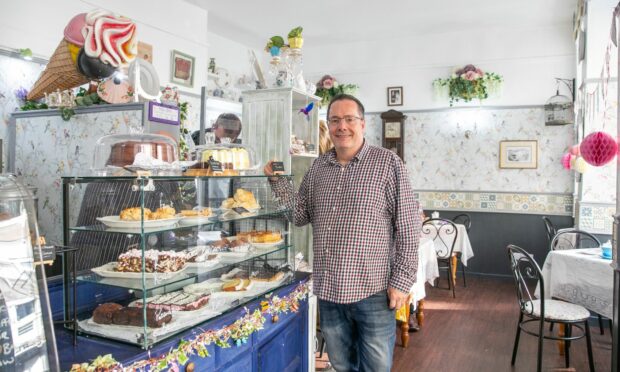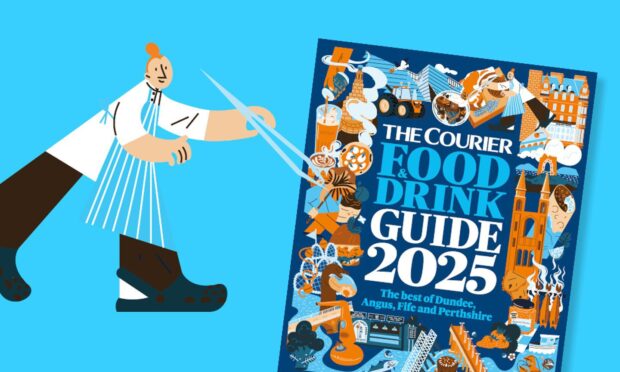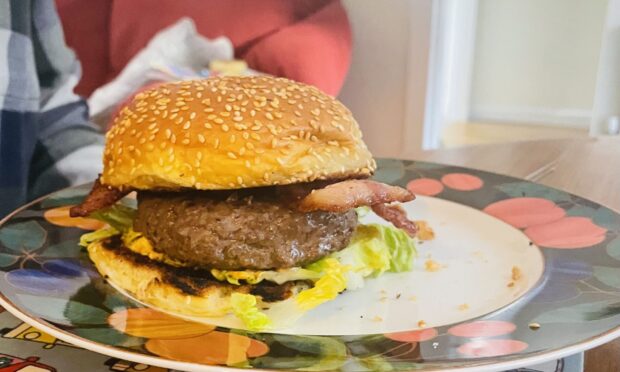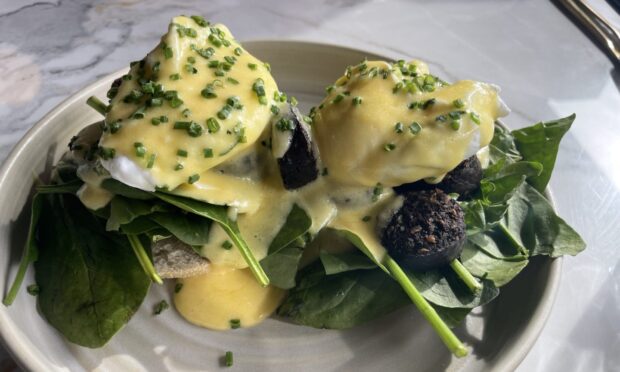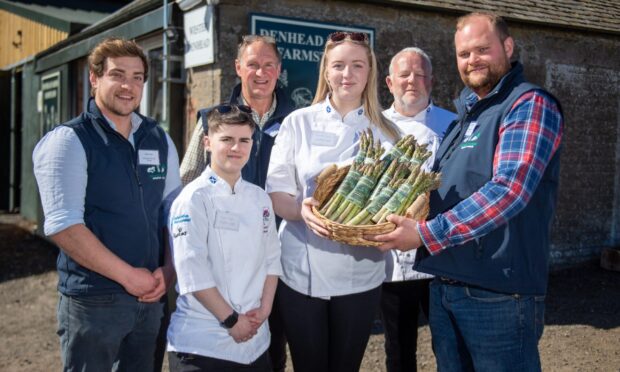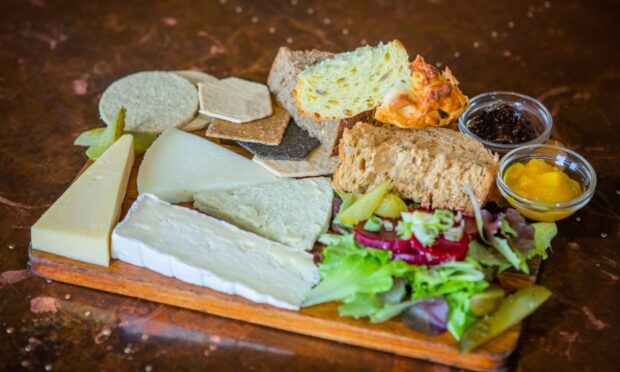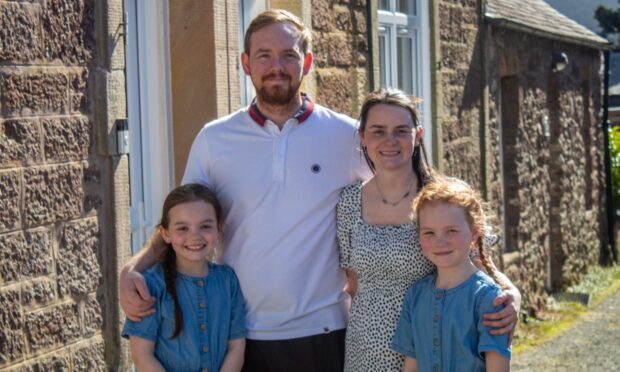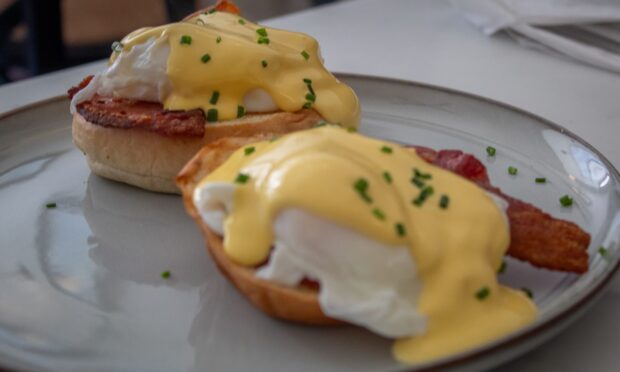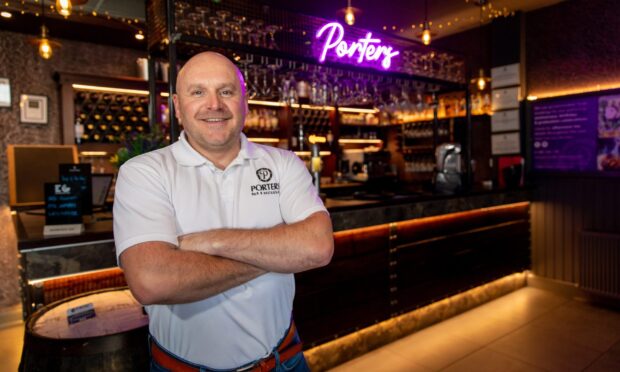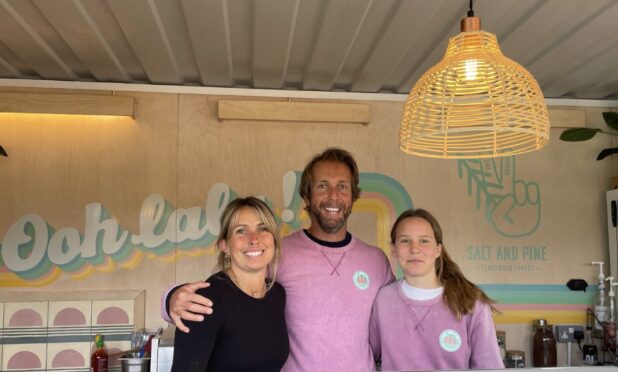Local hospitality businesses have received new Scottish Government guidelines in the wake of Omicron as they battle to keep afloat.
In her address to the nation on Tuesday, First Minister Nicola Sturgeon announced her intention to amend regulations for businesses to take measures to minimise the risk of transmission.
The First Minister said: “For hospitality, it will mean, for example, measures to avoid crowding at bars and between tables, and a reminder of the requirement to collect contact details of customers to help with contact tracing.”
In the guidance published today it outlines additional reasonable measures that could be taken to reduce transmission which include queue management, reducing the number of customers in venues, reviewing ordering systems and table service so less people are standing at bars, the reintroduction of one-way systems and potential use of screens.
She also announced £100m of financial help to aid hospitality businesses affected by the recent advice to postpone Christmas parties.
Ensuring guests feel safe
In St Andrews, Julie Dalton is managing director of The Adamson restaurant and bar as well as eatery Hatch, employing a total of 60 staff.
They already have stringent hygiene measures in place, and she had been concerned about a possible return to cuts in drinking hours.
She said: “We are trying as much as we can to ensure the guests feel safe. People have cancelled and we have no influence over it.
“We had the original environmental health check way back and we put stringent measures in place. They said we were up to a gold standard. So, everything Nicola Sturgeon has asked us to do, we are going to do.
“These guidelines are reminding us all of the stringent measure we have to take in public health.”
No longer queueing
There is no longer any queueing at the bar in Julie’s venues, with table service being implemented since they reopened.
She went on: “It’s made me think about Hogmanay, because it’s a night people will be drinking and moving around the room. It’s just about how we communicate that to the guests.
“I wonder if even putting screens up will warrant people coming out. I think people are so scared about the way things are transmitting they just don’t want to risk it and Christmas is just round the corner.”
She added: “Everything is moving at the moment and I do feel this time that feedback from guests has been that they still want to come out. A lot of people are determined and there are two camps.
“The other thing is the financial repercussions. Where’s it all going to be paid for? I have 60 staff and these people also have someone to go home and care for or bills to pay.”
A ‘collision course’
Tricia Fox of Mhor Coffee House in Perth says it’s not the guidelines that have been worrying her – it’s whether she will still have a business come January.
“We have already seen a 30% slump in business in the last two weeks,” she explained.
“There’s nothing to fall back on and we have had to put our staff on notice that we are reducing our opening hours and reducing their contracts to cope with the cash flow.
“At a time of year when we would expect to be busier and busier we have got quieter and quieter.
“We are dependent upon footfall and people are not going into the town. And because people have already reverted to working from home, we have completely lost that morning trade.”
Like many other business owners, Tricia said questions have to be answered about the support packages that will be available.
“The government has made a vague announcement that there is £100m for hospitality. What is it? When will we get it? How much will it be? There’s just no information.
“At the moment we are in a cash-flow collision course. The money coming in is less each day and the money going out has to go with that.
“People’s jobs and businesses are on the line here. It’s soul destroying.”
‘Don’t want to be locked down’
William Wallace, who runs Mary’s Kitchen Tearoom in Dundee, had been fearing a return to two-metre distancing, as this would halve his customer numbers.
He said: “At one metre, we would probably lose one or two tables – which is up to six covers – but if it’s two metres, we would lose 50 per cent of our tables. That’s a bit of a worry.
“At the moment, we manually do track and trace. We have always done that, because sometimes people did not scan the QR code.
“When we asked them if they could scan it, they said they already had when we knew they hadn’t. We have always done it manually since.”
“We have been speaking to some of the locals and many of them are saying they’re just going to do the shopping they have to do because they don’t want to be locked down for Christmas.”
